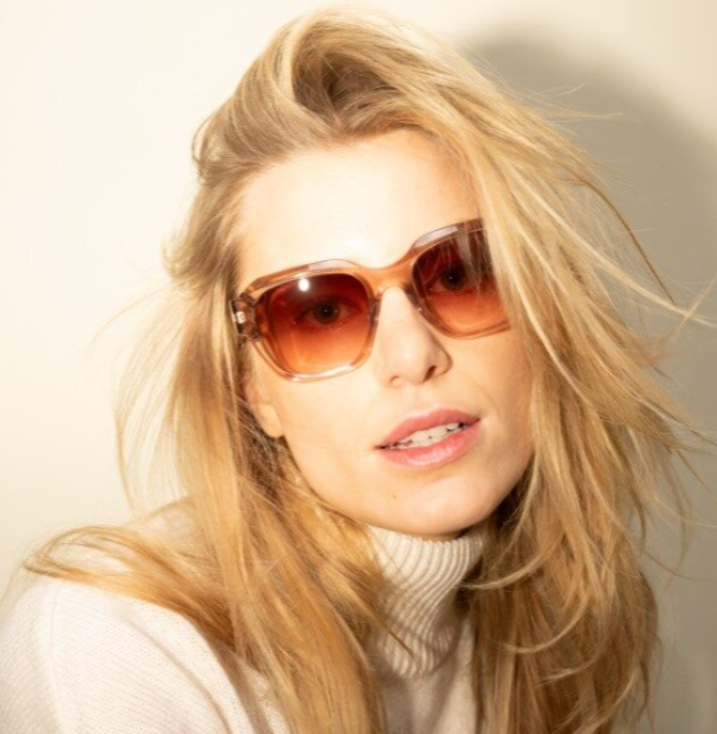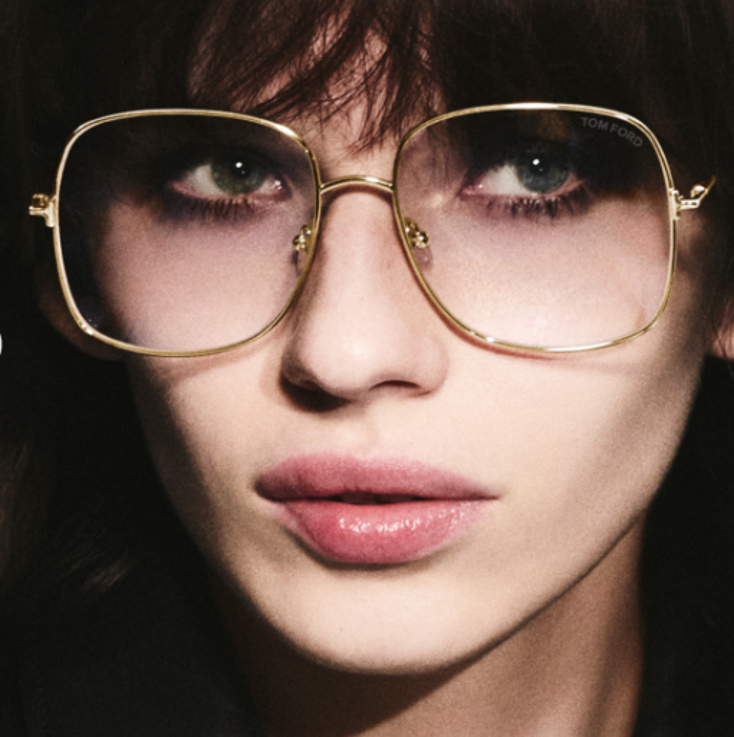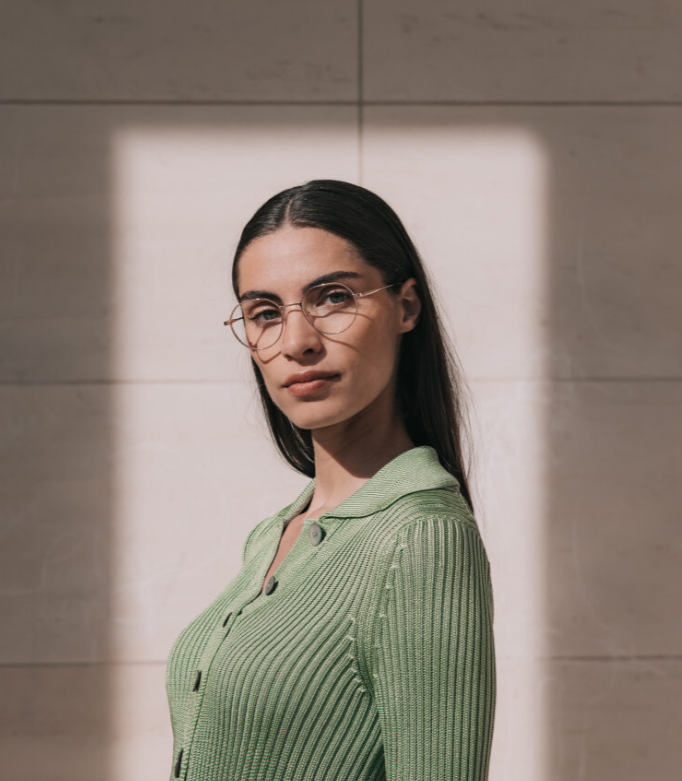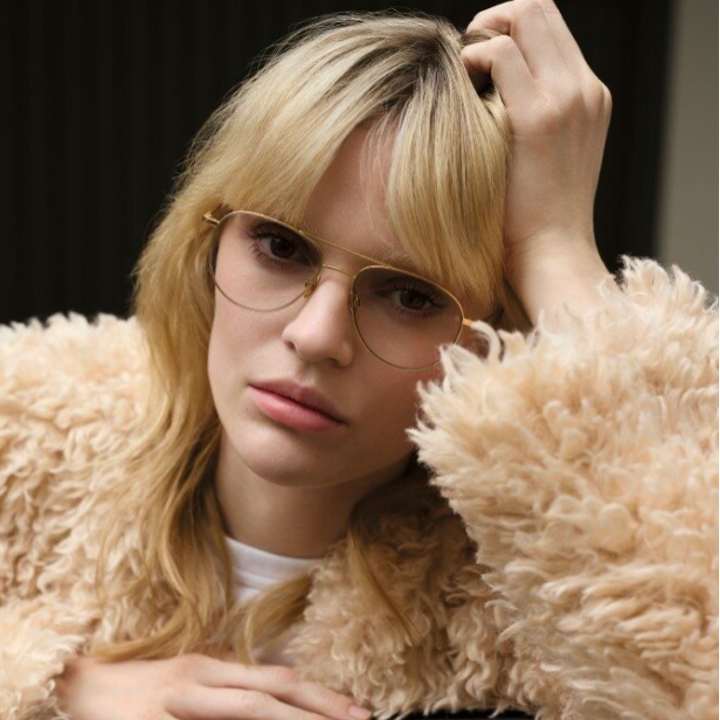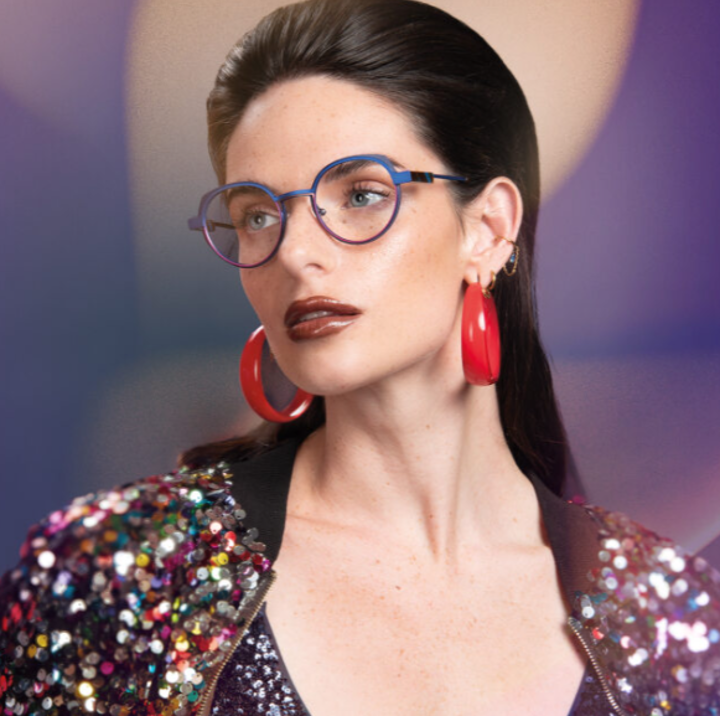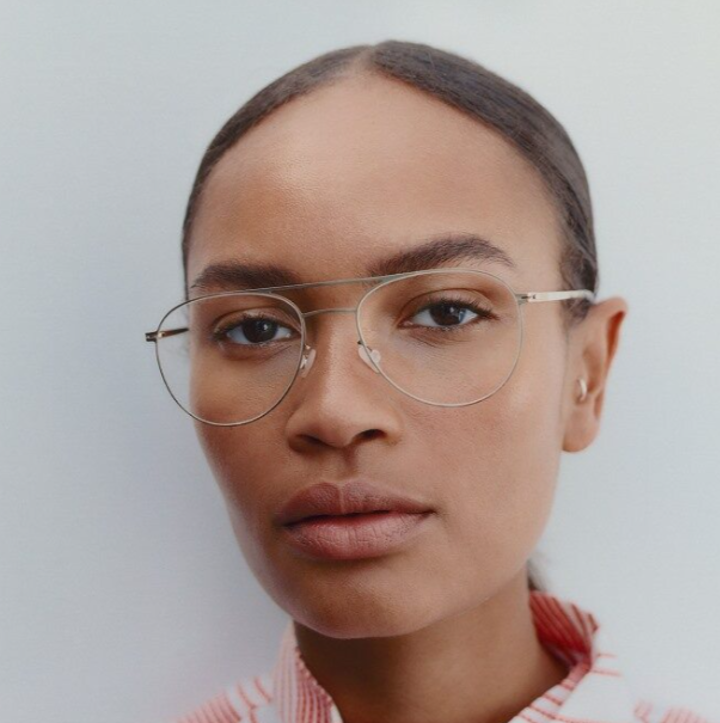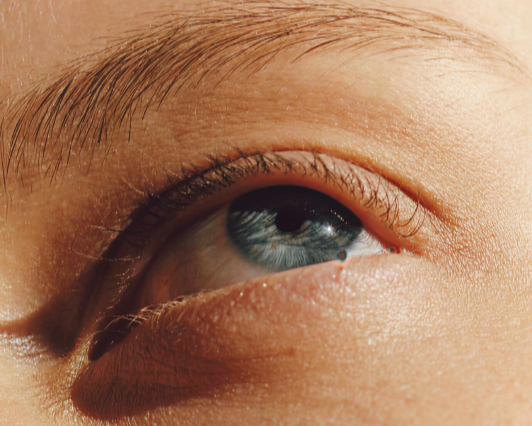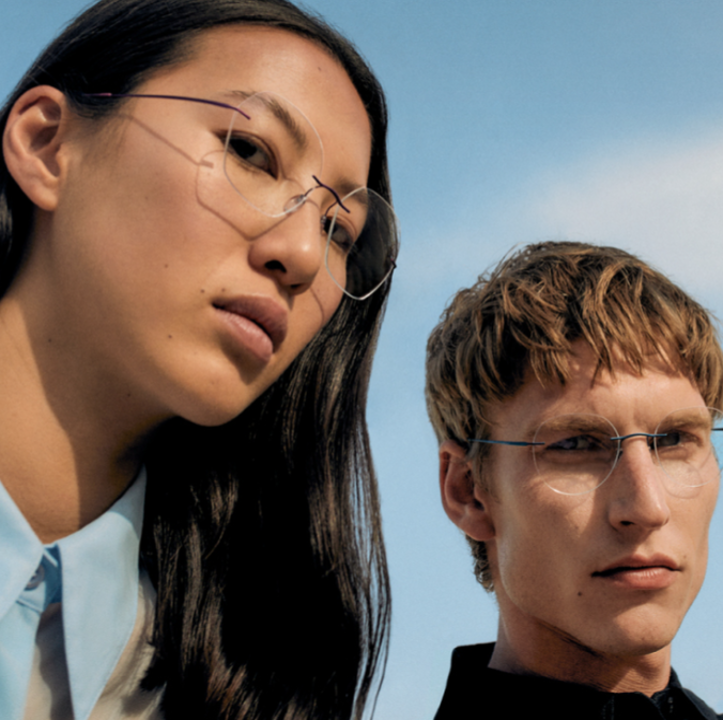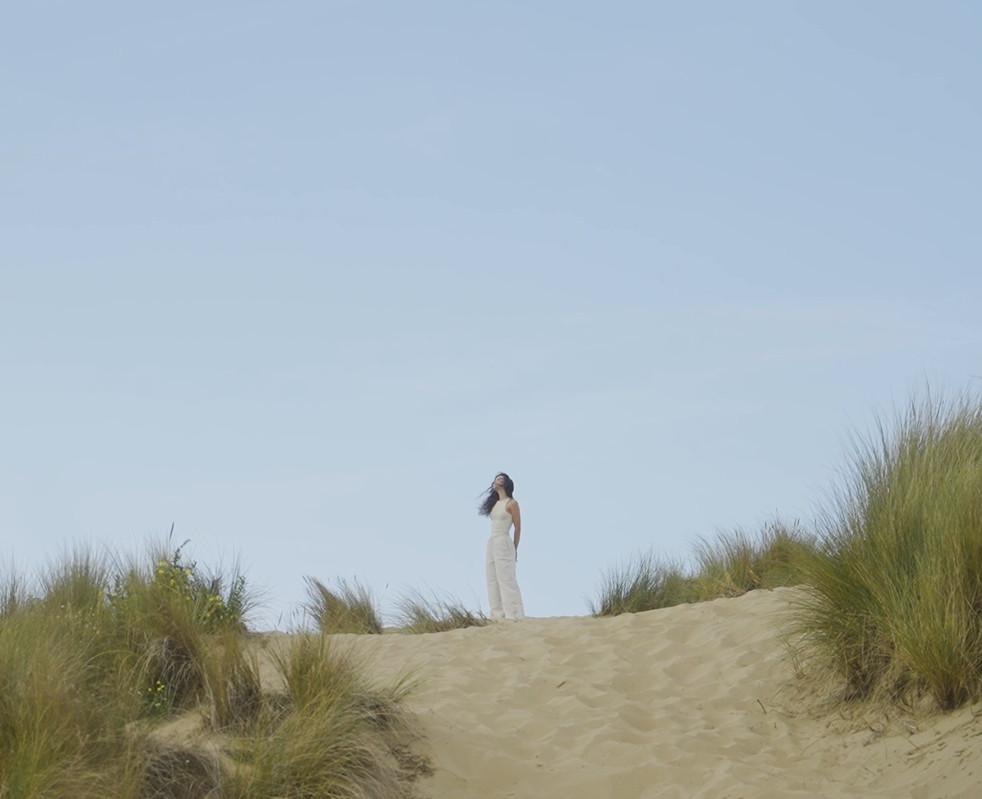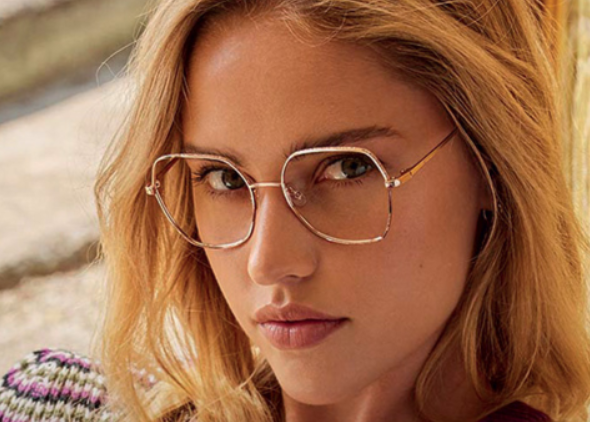Why start wearing lenses?
- Discreet & invisible. No one will notice that you are wearing lenses and frames no longer determine your look.
- Practical. Goodbye condensed glasses at varying temperatures! Ideal for athletes.
- No expensive glasses that can break during your training and you have a wider field of view, which only improves your performance.
Why you should not buy lenses in the supermarket
Before you can start wearing lenses, it is best to have your eyes measured first. Did you know that the strength of your glasses and your contact lenses are almost never exactly the same? This is because a lens makes direct contact with your eye. So it is better not to just buy your first lenses in the supermarket, but from a specialized optician.
Choose a lens tailored to your eyes and your lifestyle
Just like with glasses, there are many variants of contact lenses. You can classify the different types of lenses according to the wearing time, but some lenses are also adapted to a specific vision problem.
Lenses according to wearing hours
- Daily lenses are soft contact lenses that you throw away after one day of wear. Ideal for on holiday, during sports or as a test when you want to start wearing lenses!
- Weekly and monthly lenses are also soft contact lenses that last a longer period. Important to know: these lenses require proper storage and cleaning to keep your eyes healthy. It is best to choose this type of lens if you want to wear lenses regularly and are prepared to maintain your lenses every day.
Solutions for specific vision challenges
- Toric lenses contain a cylinder and are specially developed for eyes with astigmatism or cylinder deviation, where your vision is blurred both near and far. A standard contact lens can only correct one strength, but with a special toric lens you can absorb both corrections.
- Multifocal lenses ensure that you can see well both far and near. They consist of three fields of view: far, near and in between. Unlike multifocal glasses, your eyes adjust relatively easily between the different fields with these lenses. Highly recommended while exercising or driving. Even when you get older and need reading glasses, multifocal lenses offer a practical solution. No more searching for your reading glasses and no more having to put your glasses on and take them off!
Sleeping, swimming and other practical lens facts
Lenses are often so comfortable that you almost forget you are wearing them. However, it is better not to sleep with your lenses. This can result in dry eyes and afterwards even all kinds of eye infections. It is possible to take a short nap with lenses in.
Are you an avid swimmer or would you rather not wear glasses on holiday? You can swim with your lenses, but in that case it is best to shield your eyes with suitable swimming goggles. Swimming pool water contains bacteria and other microorganisms that can damage your lenses. No swimming goggles at hand? Then you better dive into the pool without your lenses!
Applying make-up and wearing lenses? This is possible provided you follow the steps below:
- First insert your lenses and then start applying your makeup. This way you prevent small particles of makeup between your cornea and your lenses.
- Clean hands are extra important when inserting and removing lenses. So be sure to wash your hands before inserting your lenses.
- Make-up on your eyes is no problem, but stay far away from a pencil line on the inside of your eyelid. For your lens, that line only means grease and dirt. This can hinder your vision and damage your lenses.
- Preferably use hypoallergenic makeup and avoid oil-based beauty products to prevent grease on your lenses. Replace your mascara and eye pencil regularly! Over time, the brushes of your mascara in particular become a breeding ground for bacteria that you would rather not get near your lenses and eyes.
From what age can you start wearing lenses?
There is no real age limit for starting to wear lenses. In principle, you can start as soon as a child is sufficiently independent and responsible to maintain the lenses. We generally assume that ten or twelve years is a good starting age.
TIP Not sure if your child is ready for lenses yet? Start with daily lenses, these require little maintenance and are ideal for part-time use.
Still have a question?
Feel free to drop by and get answers to your lens questions! See you soon!


